Cats have a remarkably strong sense of smell, which plays a crucial role in their daily life. Their sense of smell is estimated to be about 14 times stronger than that of humans. This heightened ability helps them navigate their environment, find food, and communicate with other cats. However, this keen sense also makes them highly sensitive to certain odors, which they may find repulsive or threatening.
The Role of the Jacobson’s Organ

One reason cats react strongly to certain smells is due to the Jacobson’s organ, or the vomeronasal organ. Located on the roof of their mouth, this organ allows them to process pheromones. When a cat encounters an unfamiliar scent, it may exhibit the Flehmen response, where they curl back their lips to draw the scent into the organ for analysis.
Common Scents Cats Dislike
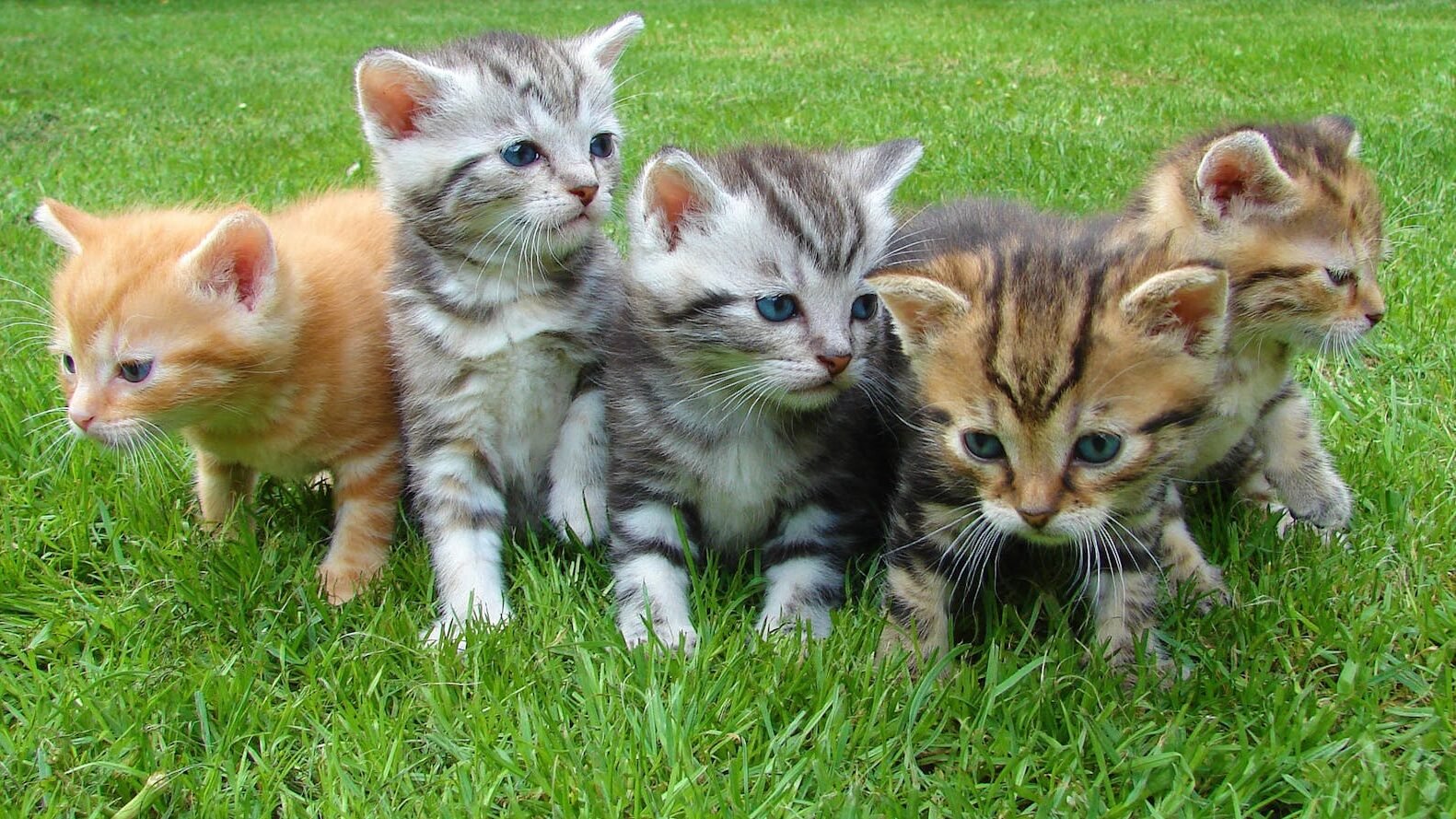
Photo by Pixabay via Pexels
Cats are known to dislike several common scents, which may be bewildering to their human companions. These scents include citrus, certain herbs, and strong essential oils. Each of these can elicit a strong reaction from cats due to their intense fragrance.
Citrus Scents
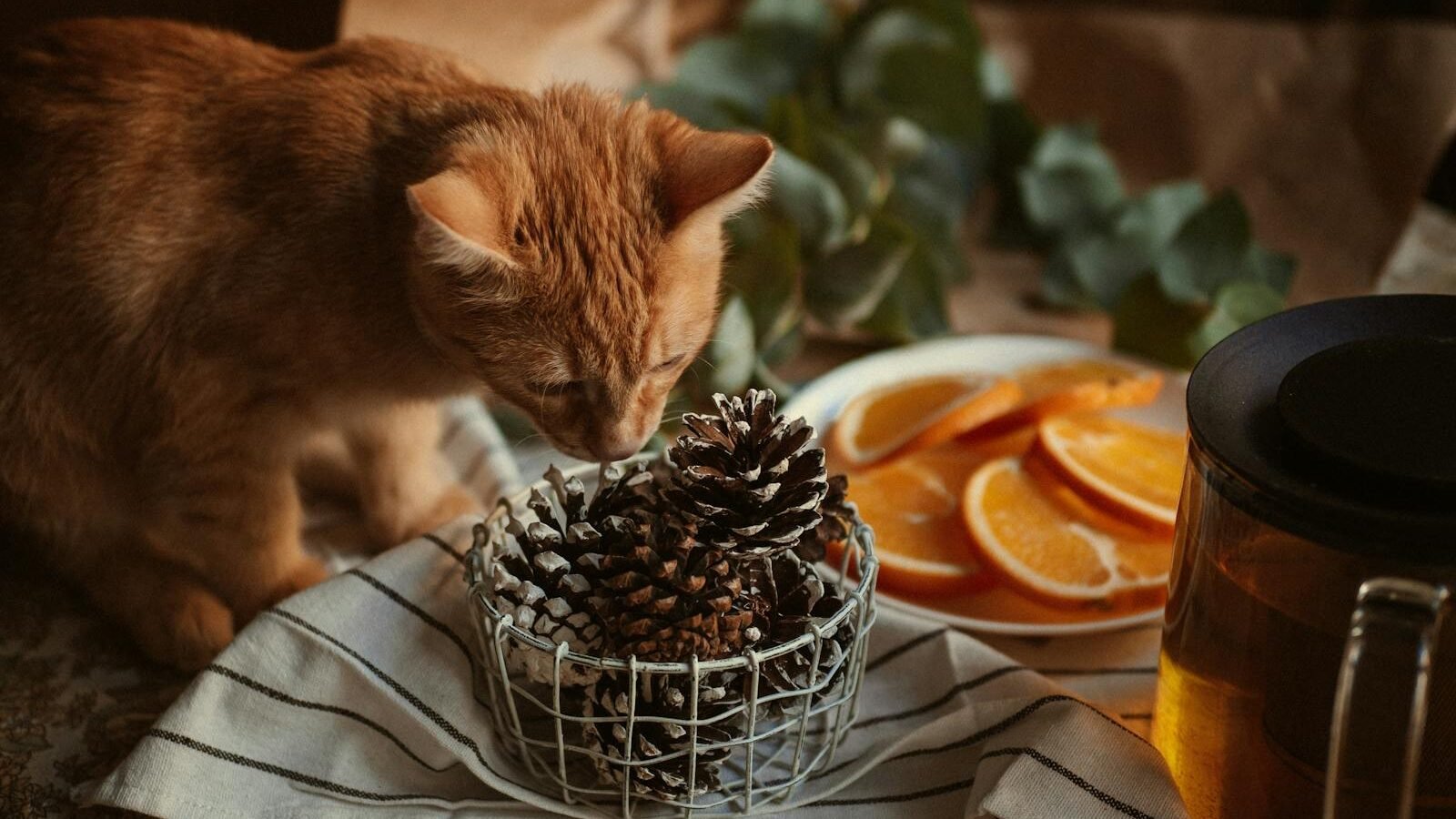
Photo by Pelageia Zelenina via Pexels
Citrus fruits like oranges, lemons, and limes are among the smells most commonly disliked by cats. The strong, zesty scent of citrus is overwhelming to their sensitive noses. Many cat owners use citrus peels as a natural deterrent to keep cats away from certain areas.
Why Cats Avoid Certain Herbs
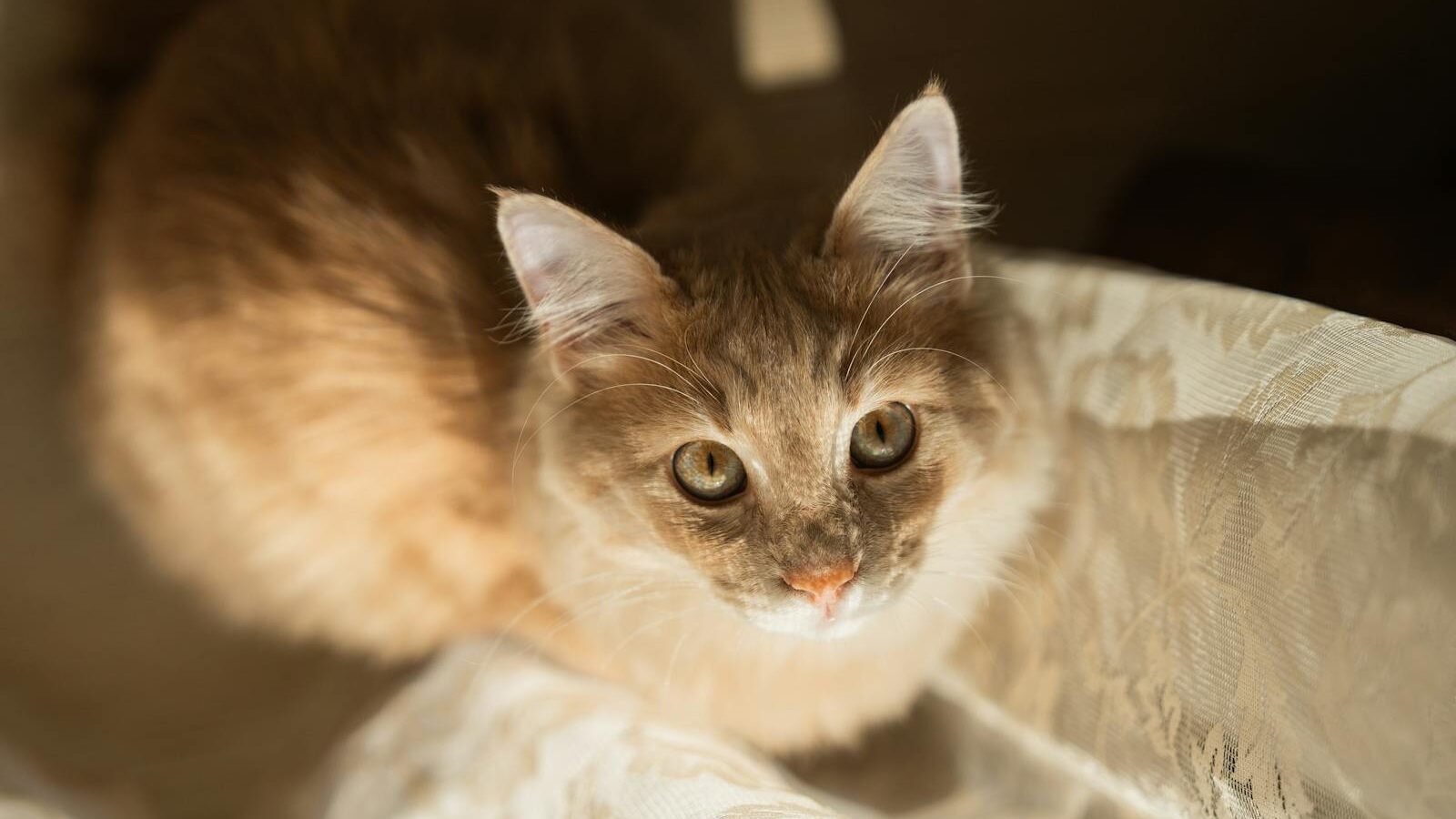
Photo by Ahmed via Pexels
Some herbs, particularly those in the mint family, can be unappealing to cats. For example, while some cats love catnip (a mint family member), others may be put off by peppermint and eucalyptus because of their potent aromas. These smells are overpowering and can be irritating to a cat’s nose.
Strong Essential Oils

Photo by Photo By: Kaboompics.com via Pexels
While many people enjoy diffusing essential oils in their homes, cats may not share this appreciation. Oils such as tea tree, lavender, and cinnamon have strong scents that can be distressing to cats. Furthermore, some essential oils can be toxic to cats, making their avoidance not just a matter of preference, but of safety.
Why Cats Dislike Vinegar
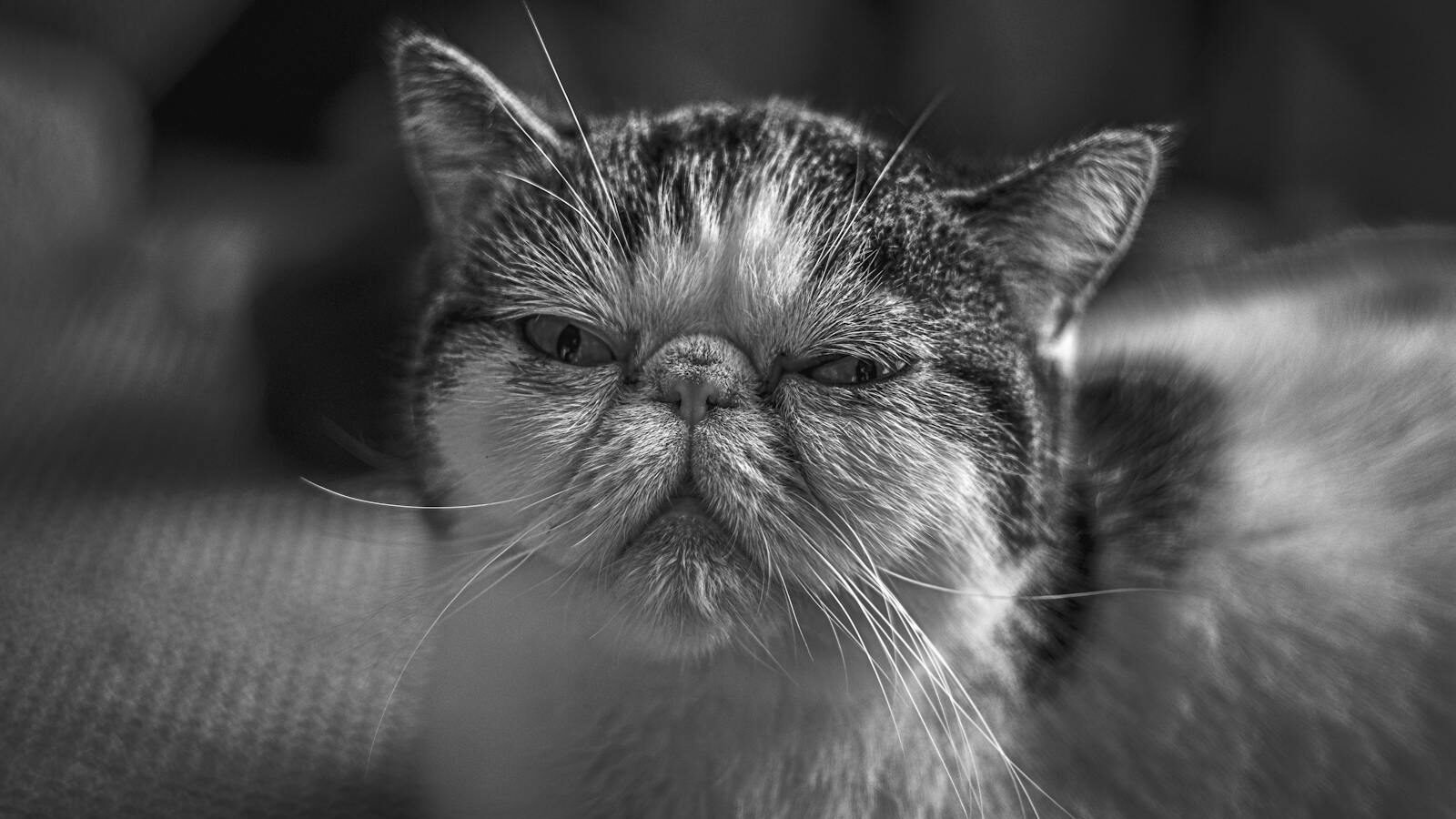
Photo by Dmitri Koshelev via Pexels
The sharp, acidic odor of vinegar is another smell that many cats avoid. Its pungent aroma is often used in cleaning products, which could contribute to their aversion. Despite this, vinegar is sometimes used to discourage cats from marking or entering certain areas.
Association with Negative Experiences

Photo by Harvey Sapir via Pexels
Sometimes, a cat’s aversion to a particular scent is based on past negative experiences. If a cat associates a smell with something unpleasant—such as a trip to the vet or an encounter with another animal—it will likely avoid that scent in the future.
Evolutionary Explanations
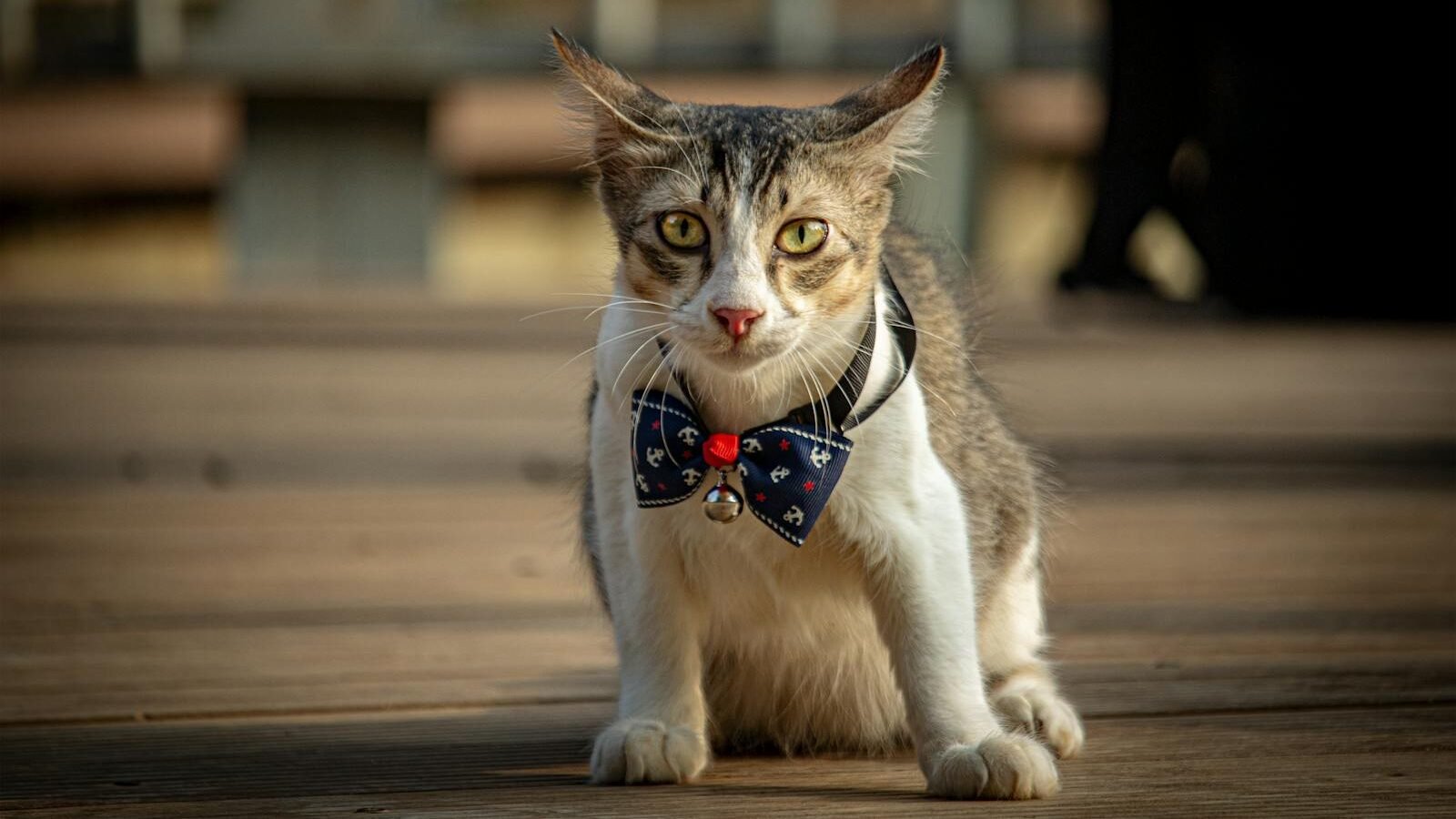
Photo by Ratul Saha via Pexels
From an evolutionary perspective, a cat’s dislike for certain smells could be linked to survival instincts. For example, the avoidance of toxic plants and spoiled food would be beneficial for their health. This innate behavior helps protect them from ingesting harmful substances.
Balancing Scents in the Home
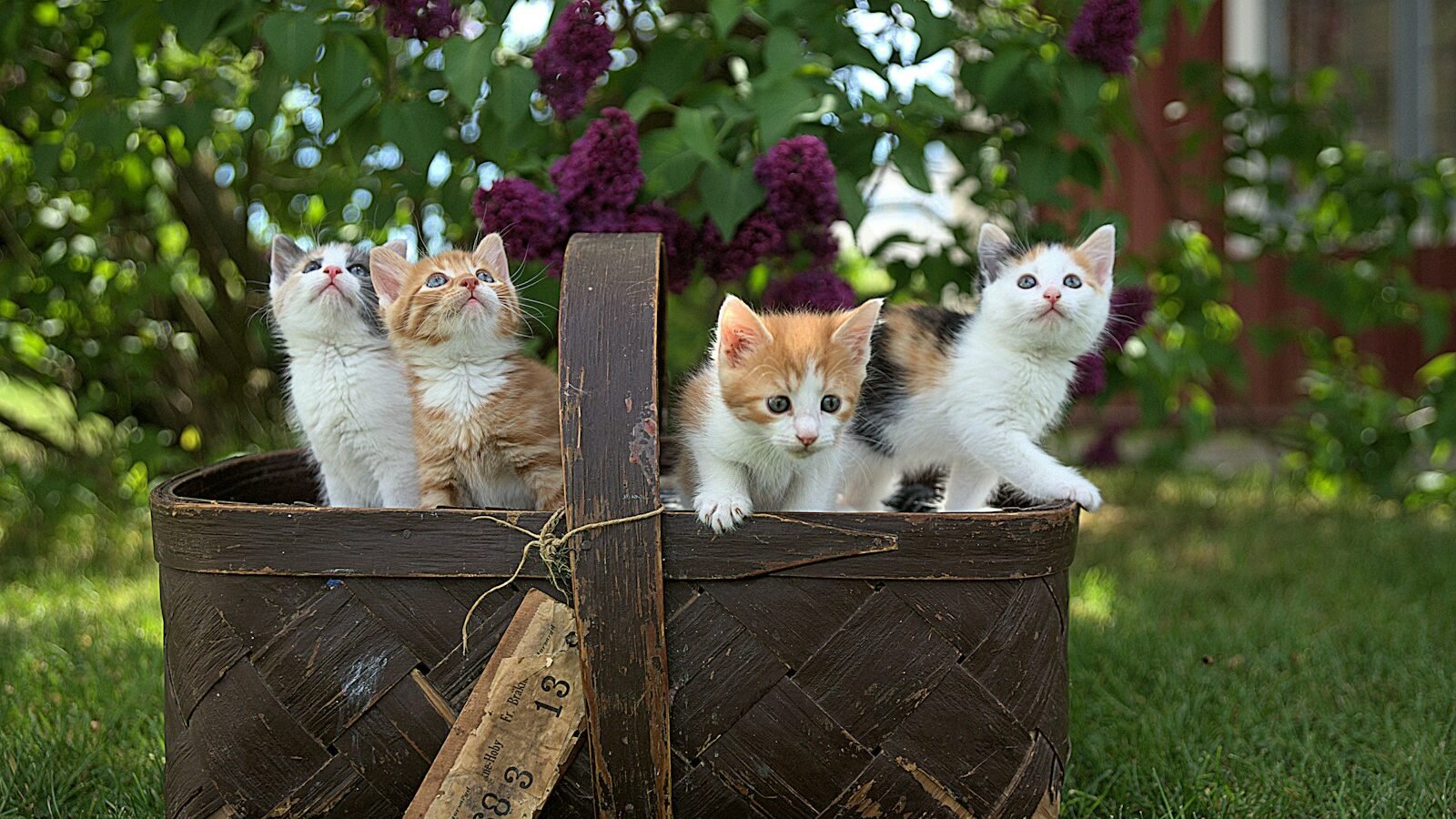
Photo by Jari Hytönen via Pexels
Understanding which scents are bothersome to cats can help pet owners maintain a pleasant environment for their feline companions. By minimizing or eliminating such odors, owners can reduce stress and anxiety in their cats, contributing to a more harmonious household.
Conclusion: Respecting Feline Sensitivities
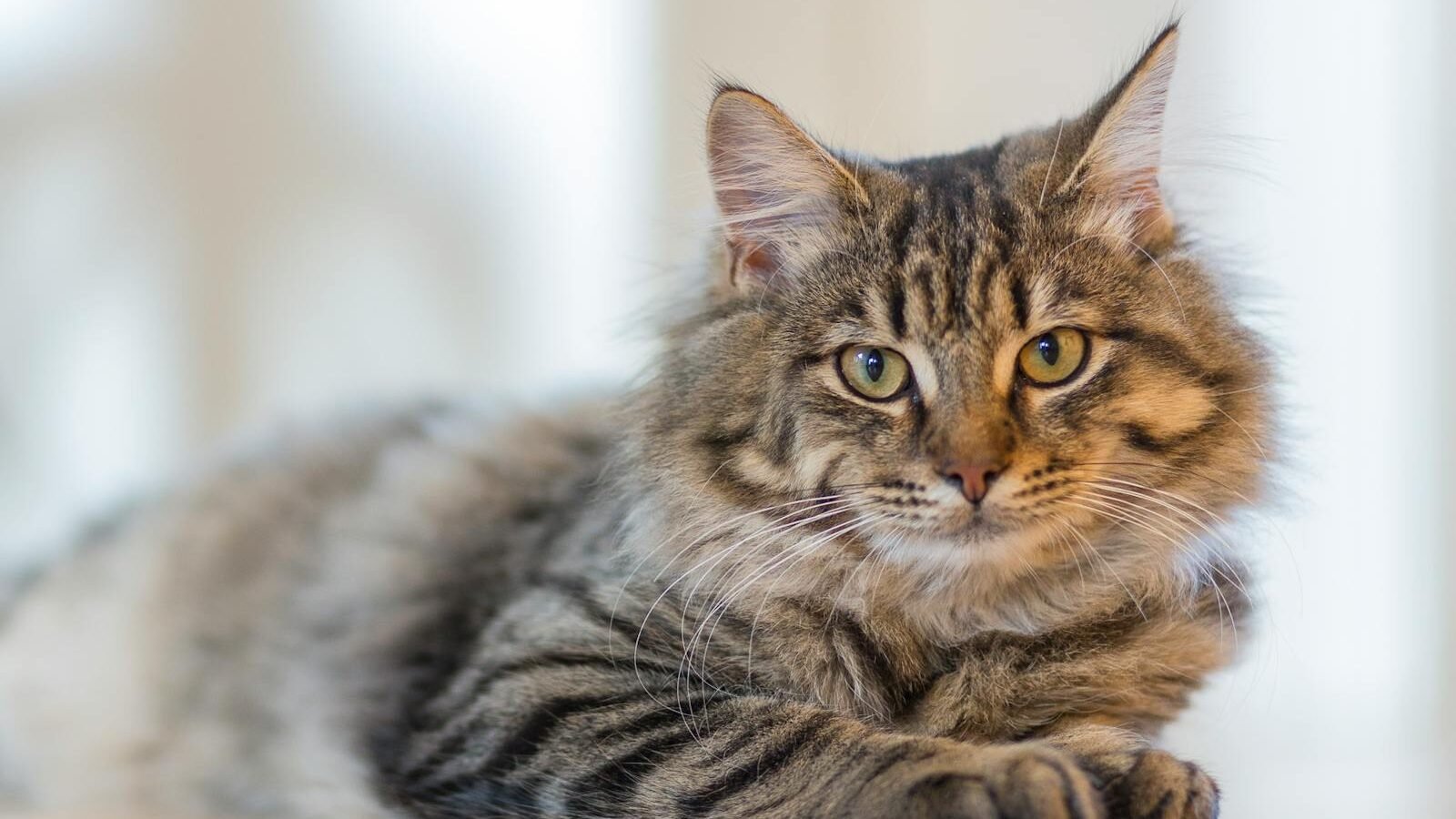
Photo by Inge Wallumrød via Pexels
Cats’ highly developed sense of smell means they are more detectably sensitive to certain odors than humans. By recognizing and respecting these sensitivities, cat owners can ensure their pets feel comfortable and safe in their environment. Paying attention to what your cat reacts to and prefers will foster a stronger bond between you and your furry friend.

With over a decade of experience as a dedicated cat lover and enthusiast, I specialize in writing captivating content about all things feline. My expertise shines through in creating engaging and informative pieces that resonate with fellow cat lovers. As a proud cat parent to my beloved Duston, my personal connection to the world of cats adds authenticity and warmth to my work, making it relatable and heartfelt.






